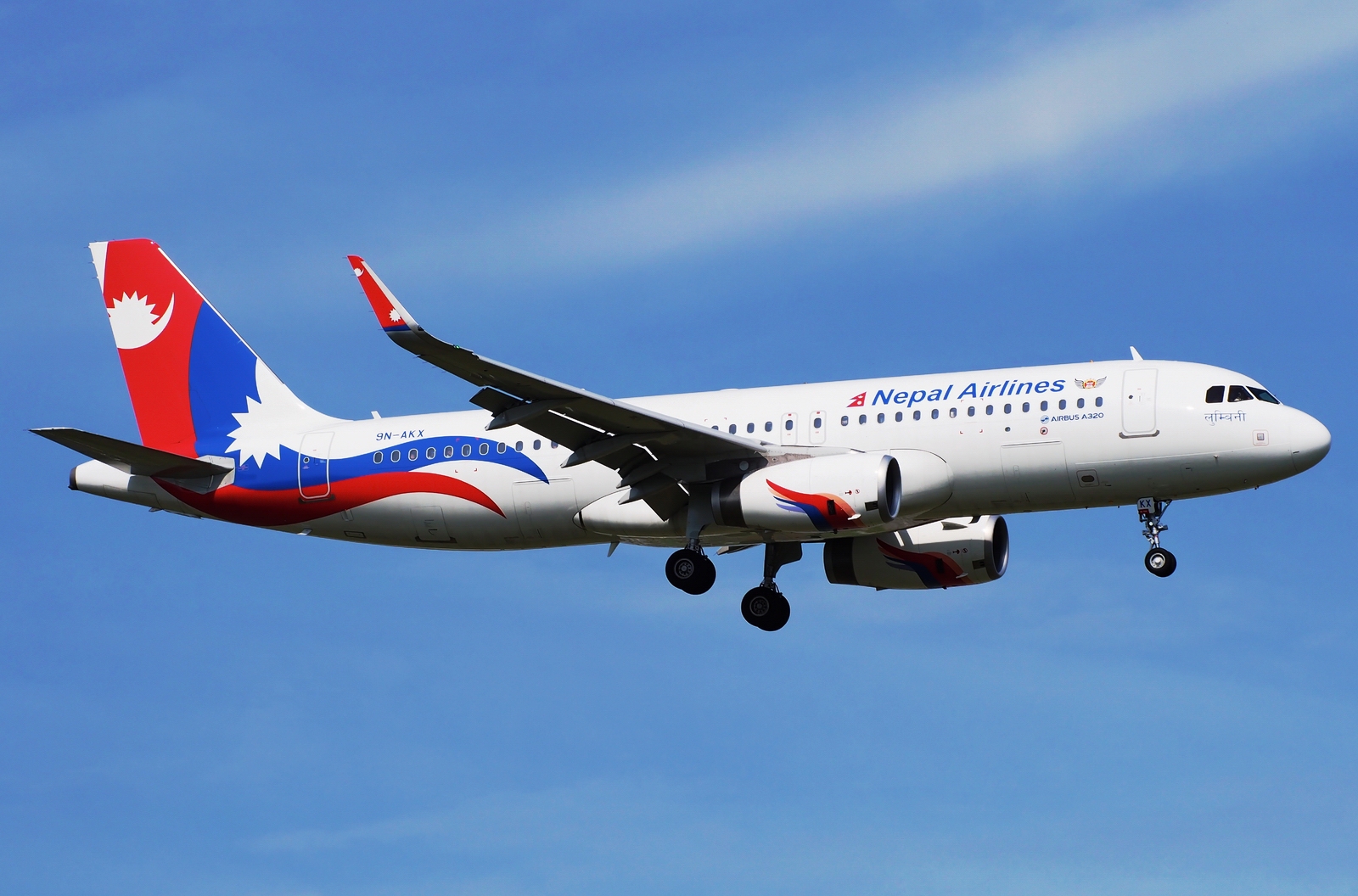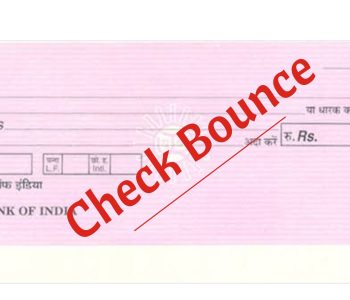Nepal raises capital requirements for airlines, introduces classification system

KATHMANDU: The Government of Nepal has significantly increased the paid-up capital requirements for establishing airline companies and introduced a classification system for both international and domestic carriers. The new regulations, outlined in the Air Service Management Regulations 2082, were approved by the Council of Ministers last week and published in the Nepal Gazette by the Ministry of Culture, Tourism, and Civil Aviation for immediate implementation.
Under the new rules, the paid-up capital for international airlines has been raised from NPR 500 million to a maximum of NPR 1.25 billion. For domestic airlines, the capital requirement for fixed-wing aircraft operators is now NPR 750 million, and for helicopter companies, it is NPR 500 million—up from a previous uniform threshold of NPR 150 million.
Classification of Airlines
International airlines registered in Nepal will be categorized into three classes: ‘A,’ ‘B,’ and ‘C.’ Class ‘A’ airlines, operating fixed-wing aircraft or helicopters, require a paid-up capital of NPR 1.25 billion. Class ‘B’ airlines need NPR 1 billion, while Class ‘C’ airlines require NPR 750 million. The classification will be based on the number of aircraft and their maximum takeoff weight:
Class A: At least three aircraft with a maximum takeoff weight exceeding 125,000 kg.
Class B: At least three aircraft with a maximum takeoff weight between 40,000 and 125,000 kg.
Class C: At least three aircraft with a maximum takeoff weight up to 40,000 kg.
Domestic airlines will be classified simply as fixed-wing or helicopter operators, with the aforementioned capital requirements of NPR 750 million and NPR 500 million, respectively.
Other Aviation Sectors
The capital requirement for flight schools remains unchanged at NPR 100 million, and for companies involved in aircraft manufacturing, maintenance, or testing, it stays at NPR 50 million. However, the capital threshold for recreational aviation services—such as ultralight, microlight, paragliding, skydiving, or hot air balloon operations—has been reduced. Non-engine-powered recreational services now require NPR 2 million (down from NPR 10 million), while engine-powered services need NPR 5 million.
Airlines with existing licenses that have not been renewed must meet the new capital requirements within three months to one year upon paying specified fees.
Operational and Licensing Requirements
The Ministry will designate operational bases for airlines based on aviation infrastructure needs and airport traffic capacity. Licensed airlines must operate at least three aircraft within five years. Licenses will be valid for four years, with renewals required thereafter. Failure to renew within one year of expiry will result in license cancellation.
International airlines operating scheduled flights must submit a bank guarantee of NPR 25 million, valid for at least three years, as a deposit. All foreign airlines operating in Nepal must conduct transactions through a Nepal-registered General Sales Agent (GSA), who will also handle flight permission applications. Existing airlines have one year to comply with this requirement.
Aviation-related entities must submit annual performance reports to the Ministry within three months of the fiscal year’s end.
Impact and Implementation
The new regulations aim to strengthen Nepal’s aviation sector by ensuring financial stability and operational efficiency. However, the increased capital requirements may pose challenges for new entrants and smaller operators. The classification system is expected to streamline oversight and enhance service quality in Nepal’s growing aviation market.













Facebook Comment